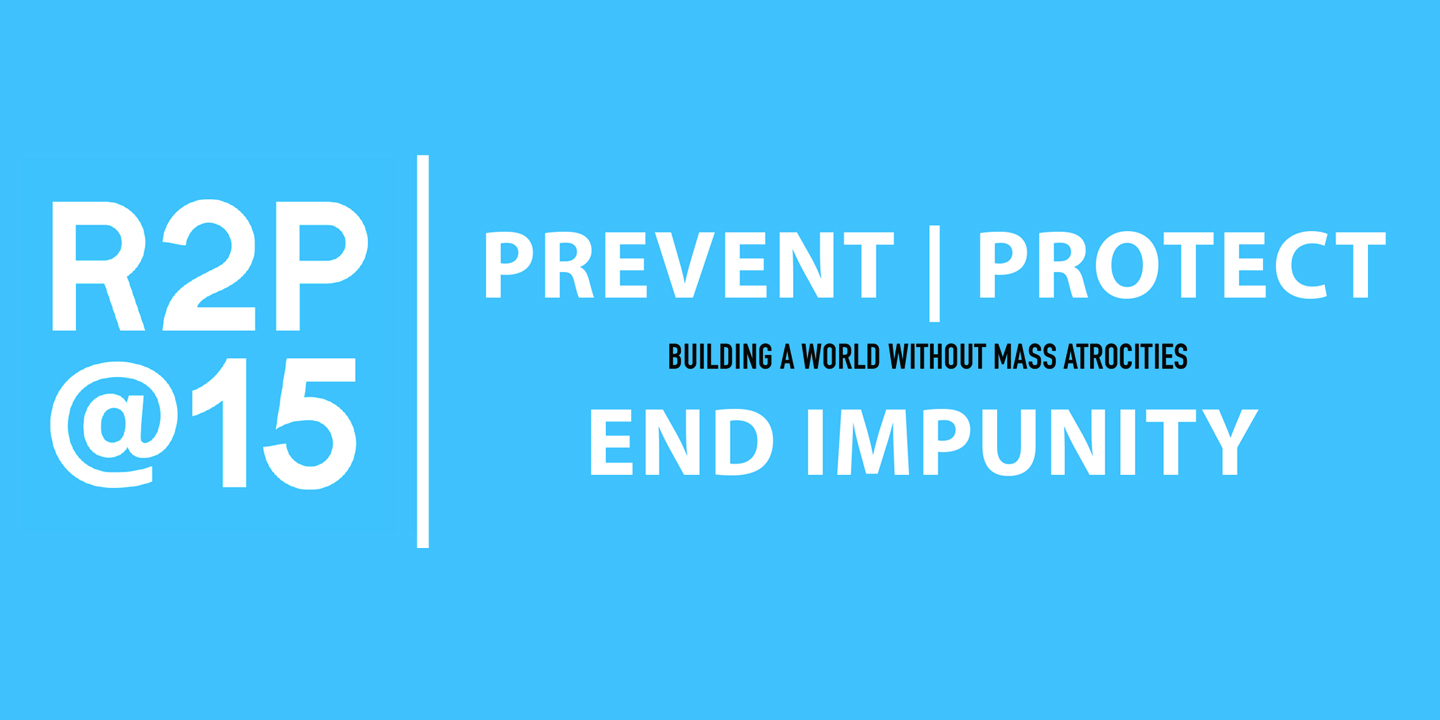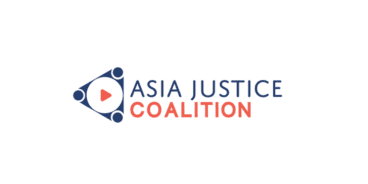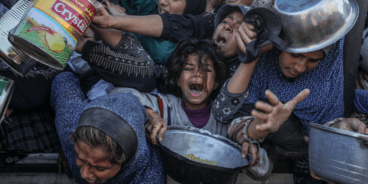

Policy Actions for Member States on R2P’s 15th Anniversary
This year marks fifteen years since the adoption of the Responsibility to Protect (R2P). The occasion of the 15thanniversary presents the international community with a significant opportunity to deepen global commitment to R2P and set an ambitious vision grounded in practical steps to ensure consistent implementation in the years ahead.
The Global Centre is seizing this opportunity and calling upon all UN member states to embrace a set of policy actions this year. We are hopeful that this call will translate into genuine response, as the 15th anniversary year is a moment to intensify collective efforts to protect civilians from mass atrocity crimes, to hold accountable perpetrators of past crimes, and to prevent risks from escalating wherever and whenever we witness rising hate speech, xenophobia and systematic violations of human rights.
1) PREVENT: BUILD SOCIETIES THAT PROMOTE AND PRESERVE UNIVERSAL HUMAN RIGHTS
1.1) Ensure the protection of all human rights, including the rights of minorities, through constitutional mechanisms and other forms of legal protection
1.2) Ratify and uphold all relevant international treaties that protect and enhance human rights, including the International Covenant on Civil and Political Rights and the International Covenant on Economic, Social and Cultural Rights
1.3) Ensure equal access to resources, education, livelihood and justice
1.4) Support national human rights institutions and ensure their independence, cooperate with regional mechanisms mandated to protect human rights, and promote and facilitate implementation of the UN Secretary-General’s Call to Action for Human Rights
1.5) Utilize the UN’s Framework of Analysis for Atrocity Crimes and the Human Rights Council’s Universal Periodic Review process to conduct a national assessment regarding the risks of conflict and atrocity crimes and for ways of strengthening human rights protections
2) PROTECT: INVEST IN PEACEKEEPING AND PROTECT VULNERABLE POPULATIONS
2.1) Ensure security sector institutions adhere to the highest standard of professionalism, uphold rule of law, and respect human rights
2.2) Ensure sufficient training for security forces and peacekeepers with an emphasis on the protection of civilians and prevention of mass atrocity crimes
2.3) Support peacekeeping operations by providing financial support, personnel, major equipment and self-sustainment support services, including medical support, as well as by ensuring the consistent funding of human rights officers, women’s protection advisers, Protection of Civilians advisers, and child protection advisers
2.4) Establish processes that protect the rights of refugees, asylum-seekers and migrants, regardless of their legal status
2.5) Actively contribute to limiting arms proliferation, including through signing and upholding the Arms Trade Treaty, and complying with relevant arms embargoes
3) RESIST: ACTIVELY OPPOSE XENOPHOBIA, ANTISEMITISM, RACISM AND RELIGIOUS EXTREMISM
3.1) Establish laws that prevent and criminalize hate speech, inflammatory rhetoric, genocide denial and incitement to violence while also protecting freedom of expression and other civil liberties
3.2) Ensure educational curricula promote inclusivity and diversity and do not foster identity-based divisions
3.3) Memorialize and acknowledge, both domestically and internationally, past atrocities, such as International Holocaust Remembrance Day and the International Day of Commemoration and Dignity of the Victims of the Crime of Genocide and of the Prevention of this Crime
3.4) Encourage social media companies to dedicate resources to monitoring and preventing the spread of hate speech on their platforms, including by hiring atrocity prevention specialists
3.5) Facilitate implementation of the UN Strategy and Plan of Action on Hate Speech and implement regional plans such as the European Commission’s Code of Conduct on Countering Illegal Hate Speech Online
4) END IMPUNITY: UPHOLD INTERNATIONAL LAW AND PROMOTE JUSTICE AND ACCOUNTABILITY
4.1) Sign, ratify and accede to all core instruments of international law relevant to R2P, especially the Convention on the Prevention and Punishment of the Crime of Genocide and the Rome Statute of the International Criminal Court
4.2) Uphold all obligations to pursue accountability for states and individuals who violate the Genocide Convention, the Rome Statute and the Geneva Conventions and respect and, when applicable, enforce decisions of the International Criminal Court and the International Court of Justice
4.3) Adopt and act in accordance with national legislation criminalizing international crimes to enable the domestic prosecution of genocide, war crimes and crimes against humanity, and exercise universal jurisdiction where appropriate
4.4) Support transitional justice mechanisms through financial and technical support, including the training of judges, prosecutors and lawyers
4.5) Actively support the work of UN-mandated investigative mechanisms and ensure information is collected and preserved, as well as appropriately shared and utilized
5) EMPOWER: SUPPORT CIVIL SOCIETY, HUMANITARIAN WORKERS AND HUMAN RIGHTS DEFENDERS
5.1) Ensure that the universal rights to peaceful assembly and freedom of association are protected and guaranteed
5.2) Support free and fair media and protect civic space by supporting the work of civil society, non-governmental organizations and journalists
5.3) Empower traditionally marginalized groups within society – including indigenous peoples, women, LGBTQIA+, and persons with disabilities – by ensuring the full realization of their civil and political rights and by passing laws to this end
5.4) Uphold all obligations under International Humanitarian Law to respect and protect humanitarian relief personnel
5.5) Uphold specific protections for those promoting and protecting human rights under the UN Declaration on Human Rights Defenders
Related Content


Asia Justice Coalition welcomes the arrest of the former Philippines President Rodrigo Duterte
